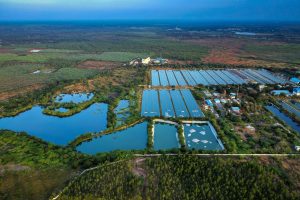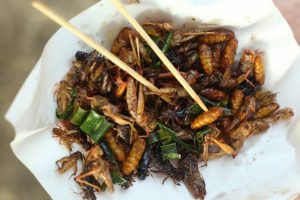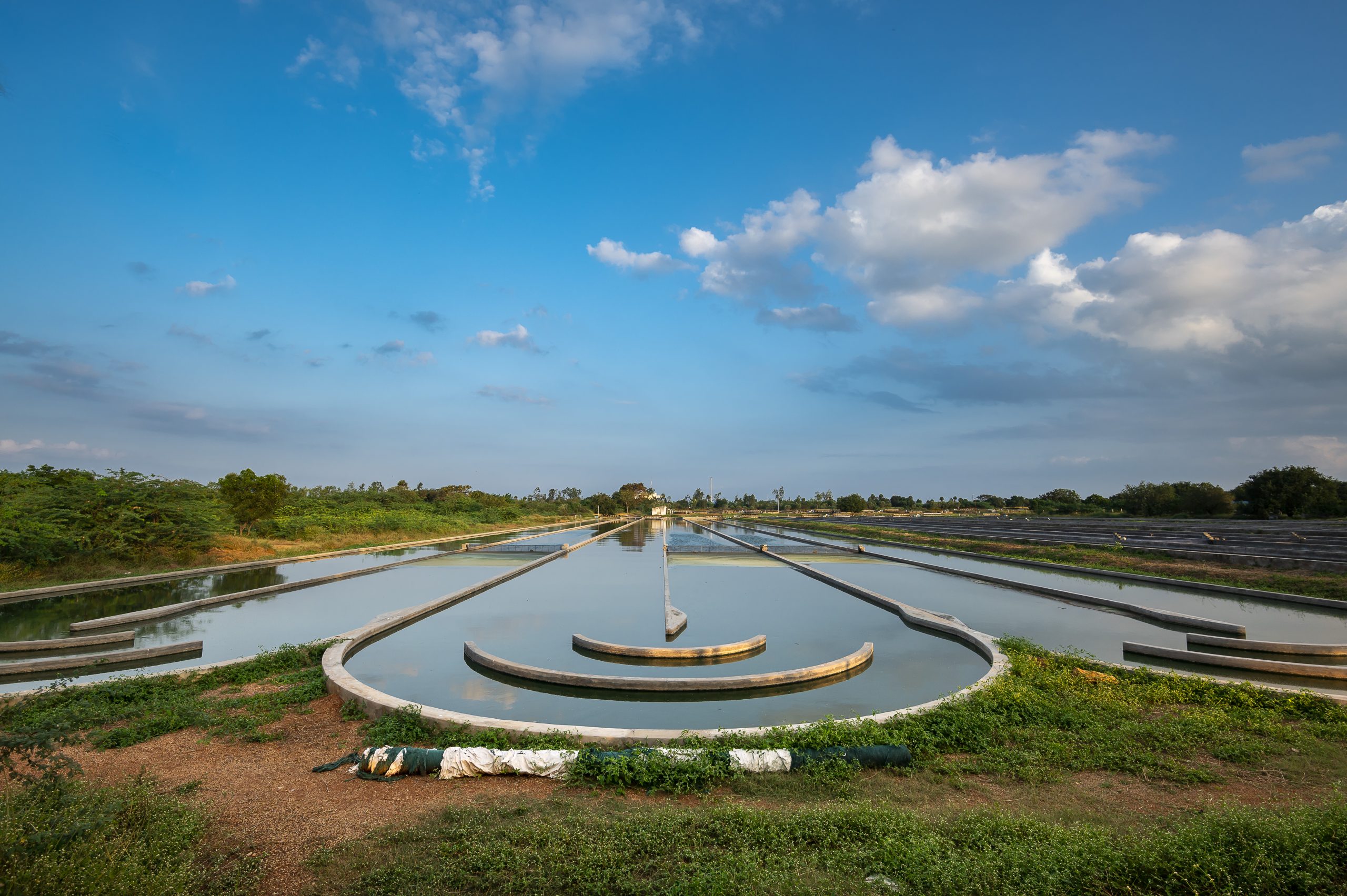

Protein is pivotal for maintaining good health. Our bodies need protein to repair and build tissues. Every enzyme in your body is a protein and these enzymes contribute to vital functions like digestion, energy production, blood clot and muscle building. Some proteins act as messengers in the body, like channeling communication signals from one cell to another. Fibrous proteins provide various parts of your body with structure and elasticity. Protein also maintains the PH levels in your body. Apart from all these functions, proteins also contribute in boosting immunity and supplying enough energy to the body.
How do we get this protein?
Animal sources such as poultry, beef, fish and eggs are our preferred sources of protein. In order to meet the growing demand of the total population, we have animal farms everywhere in the world. Each of these animals are given antibiotics and hormones to increase their size, they are raised in unhygienic environments and are totally unhealthy for us and cruel to them. Recent studies by scientists have shown that animal farming is a major contributor to Greenhouse gas emissions. We seriously need to pay attention to these studies and reduce the consumption of animal products and find more sustainables sources of protein.
We need to do this not just back animal welfare but also our health and the health of our planet. Studies have shown that an omnivorous diet produces more than 1500kgs of carbon dioxide than a vegetarian diet of the same number of calories. Furthermore, a non vegetarian diet requires more than 2.9 times the amount of water, 2.5 times the amount of energy needed, 13 times more fertilizer and 1.5 times more pesticides than a vegetarian diet.
By mass production of livestock, the meat industry wants to produce larger quantities of meat with minimal expense and maximum efficiency.
So what is the way out here? To be a vegetarian? To find sustainable sources of protein.. If so, how do we do that?
Being a vegetarian will definitely help with the environment but not all plants are low maintenance. Fruits need more water, more energy and let out more carbon dioxide than vegetables.
Edible Insects:
Insects don’t require as much energy and water like poultry and produce less Greenhouse gas emissions. If you have seen the show Man v/s Wild- Bear Grylls, you will see that he consumes the insects he finds in the forest because they are a good source of protein and also essential amino acids. If we are to discuss the digestibility of Insect protein then they are better than plant protein and slightly lesser than eggs and beef. They are a good source of dietary fibre. The nutritional profile of an insect would largely depend on the species, breed, stage of growth and feed. Insects are part of our diet in many parts of the world and not many significant ill effects have been recorded. More attention and assessment is going into the products and farming of insects for food.
Microalgae:
There are two types of algae in the world. Microalgae and Macroalgae. The reproduction rate for algae is much higher than conventional crops. Algae is grown in bioreactors or in the sea depending on the type. Algae can contain more calcium, minerals than many land grown foods.
Some varieties of seaweed are high in protein, rich in fibre, and contain amino acids and lipids. They also contain Vitamin B12 which is essential for vegetarians. Algaes like Spirulina and Chlorella have more protein than their land counterparts. Chlorella aids in detoxifying the body from pesticides and heavy metals. Spirulina contains vitamins like B, C, D, AND E. Apart from their high density in protein, they also have amino acids and many pharmacological properties. There is also a breed of aquatic plants called Duckweed. They are used as feed for domestic animals.Dried duckweed is upto 40% protein.
Substituting meat with these sustainable choices will have a large impact on the food supply in the world. To progress, we need to revamp our cultural attitudes towards food and encourage change in people’s meat eating habits. This will also help in building awareness about the huge environmental impact of meat production.

